

We may earn revenue from the products available on this page and participate in affiliate programs. Learn More ›
Home Advice You Can Trust
Tips, tricks & ideas for a better home and yard, delivered to your inbox daily.
An Exterior Eyesore

Painting your home’s exterior a brash color might not be a bright idea in the eyes of future home buyers. You want your home to stand out from others on the market, not stick out like a sore thumb. Choose earth tones, such as green, gray-blue, and beige, which blend with the surroundings. If you must have color, allow the landscaping to provide a more vibrant palette.
Beware of Painted Brick

Zillow Digs home in Thousand Oaks, CA
Buyers tend to love the look of exposed brick, so painting over this warm, homey material could cost you in the long run. Before you give in to passing trends, consider how the commitment will affect a future sale. Because paint is nearly impossible to remove from brick—even with chemicals—prospective buyers may choose to move on to another listing rather than get stuck with your design choices long after moving day.
The Home Court Disadvantage
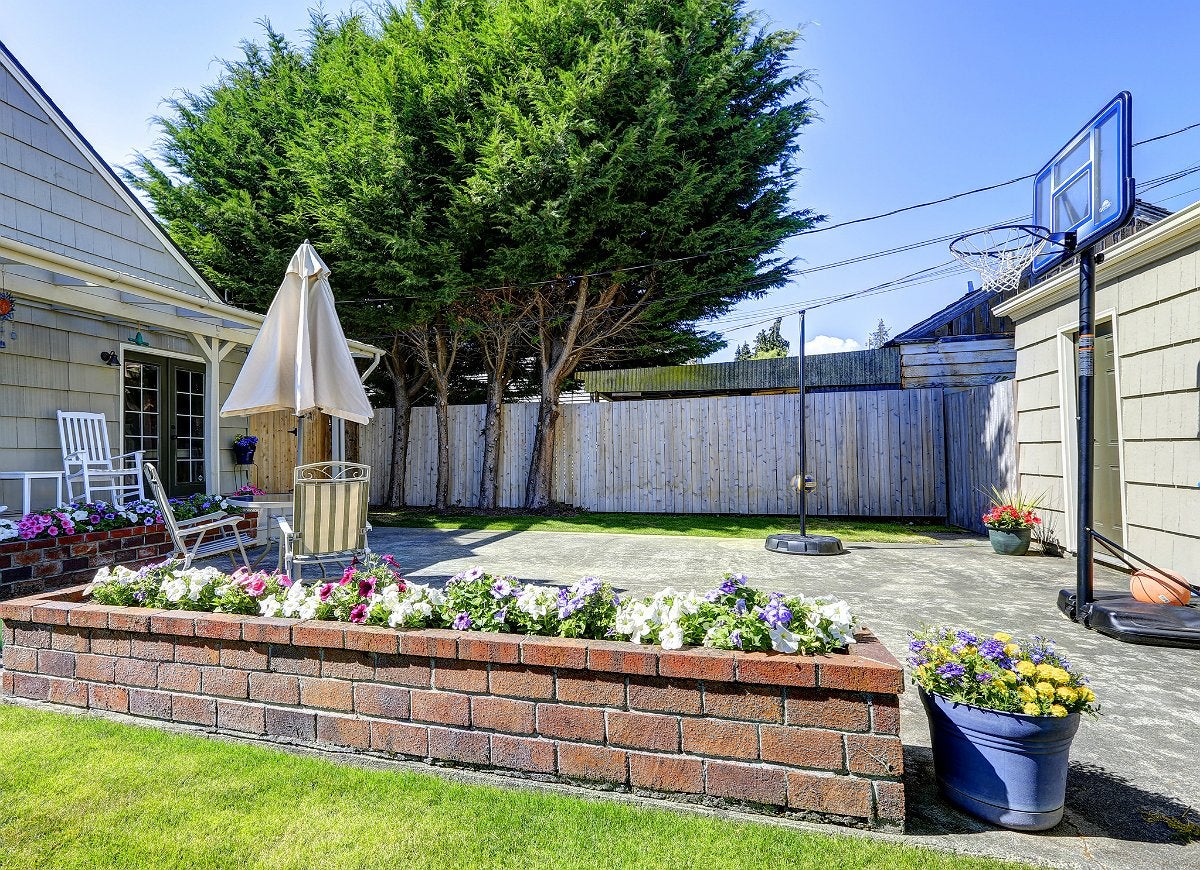
You won’t score big on resale with a backyard sports court, unless the home buyer happens to share your love of the game. While a multipurpose patch of asphalt may be considered an added bonus by some, for most it’s a waste of valuable space. When it comes time to sell, don’t expect to recoup the cost of this renovation, but do expect to find fewer interested buyers.
Hiding Hardwood
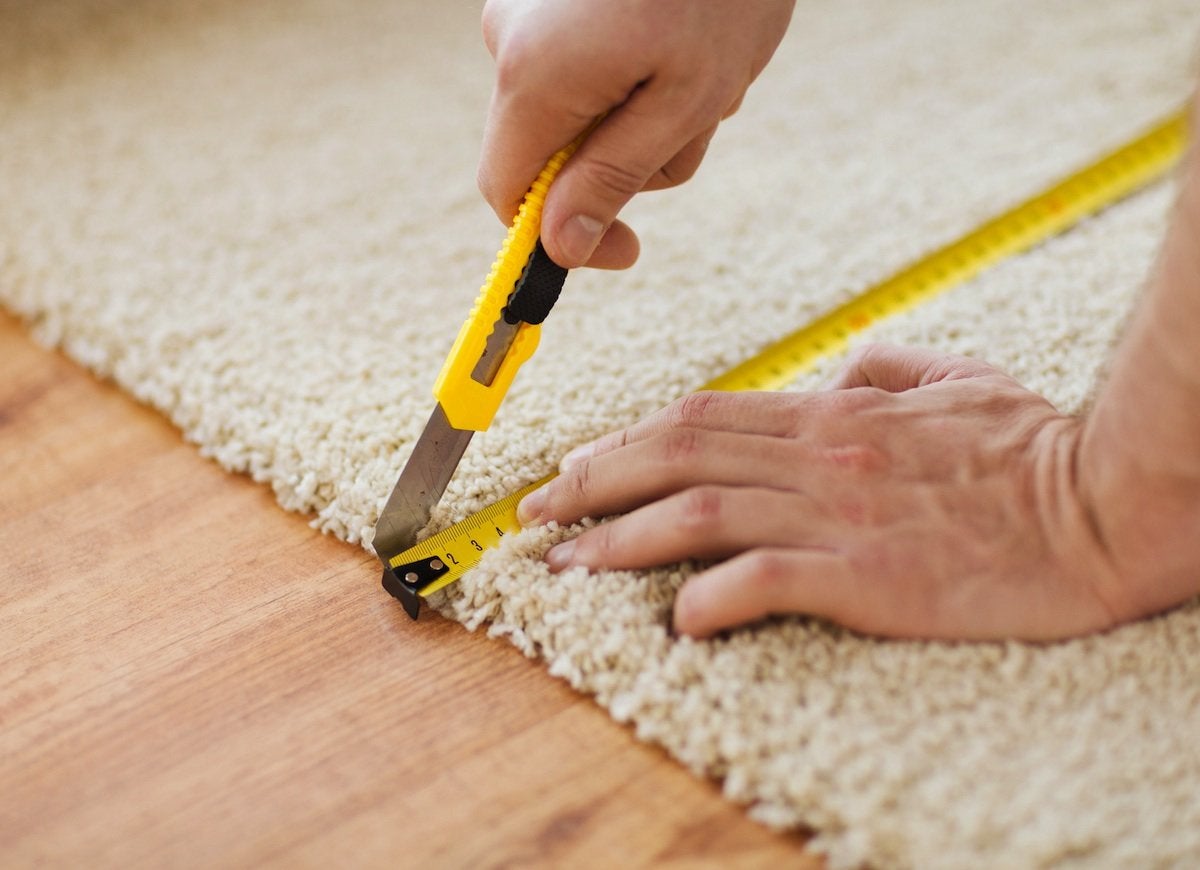
Before covering up timeworn hardwood floors with wall-to-wall carpet, consider refinishing them instead. A study of home buyer preferences by USA Today found that 54 percent of home buyers were willing to pay more for a home with hardwood flooring.
Garage Conversion Aversion
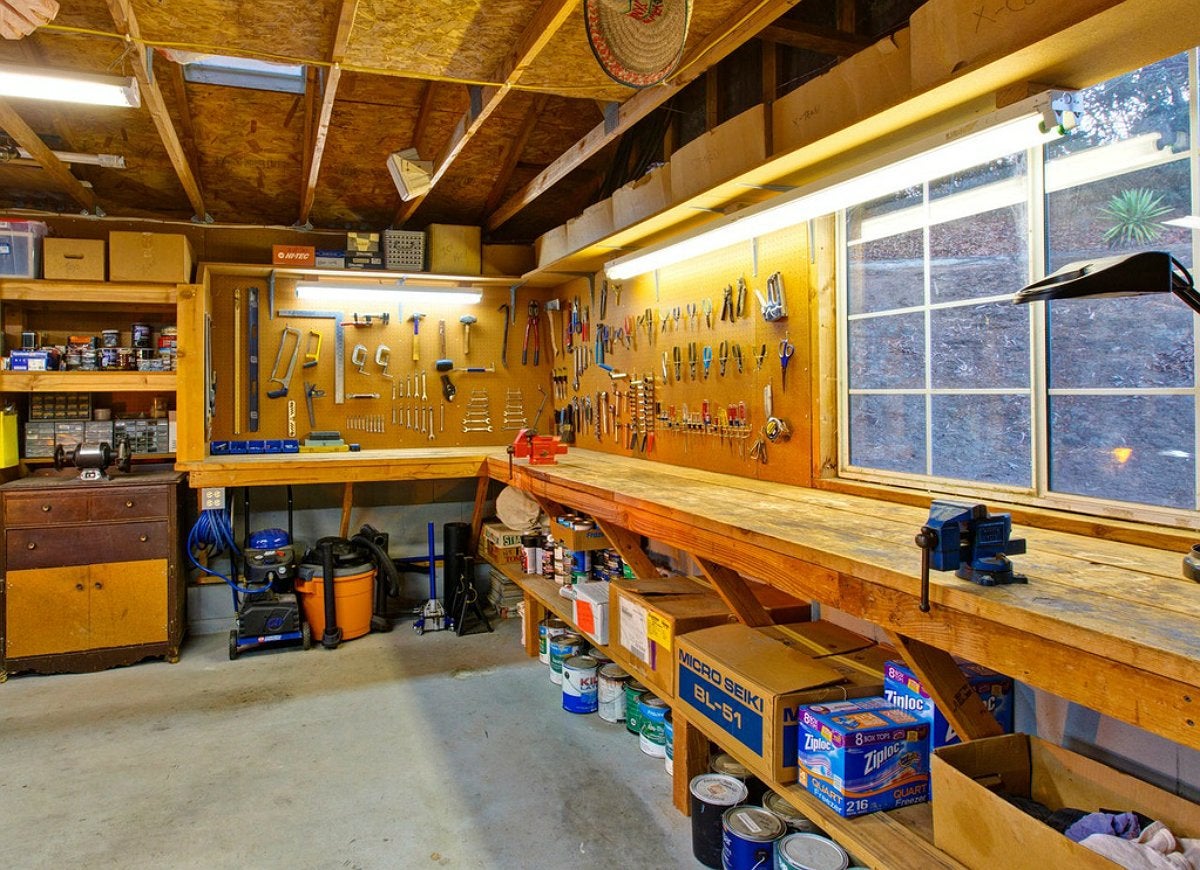
Zillow Digs home in San Marcos, CA
When looking to increase usable square footage, many homeowners look up to the attic or down to the basement. One room, however, is better left untouched: the garage. Although converting the garage may fill an immediate need, it could hurt resale value in the long run. Most buyers are looking for a house with a garage, not just a driveway. So, unless you plan to build another garage to house your vehicles, skip the renovation (and the extra living space), and look forward to a smoother selling experience in the future.
Forget About Pools

Zillow Digs home in Lewisville, TX
While a pool may initially lure in potential buyers, they often lose interest after weighing the risks. Not only are pools expensive to maintain, but they also come with liabilities that may increase homeowners insurance rates. And costs aren’t the only concern: A covered pool may be considered an outdoor eyesore during the cold winter months, so unless you live in a warm-weather region, skip the swimming pool altogether.
Not So Hot for Hot Tubs

Zillow Digs home in Scott Valley, CA
Relaxing in a hot tub is a great stress reliever after a long, hard day, but when it comes time to sell, it’s a headache. Prospective buyers may regard this backyard bonus as a breeding ground for bacteria, and families with small children may see it as a safety concern or a waste of backyard space where their little ones could have played.
Overdoing Accessibility
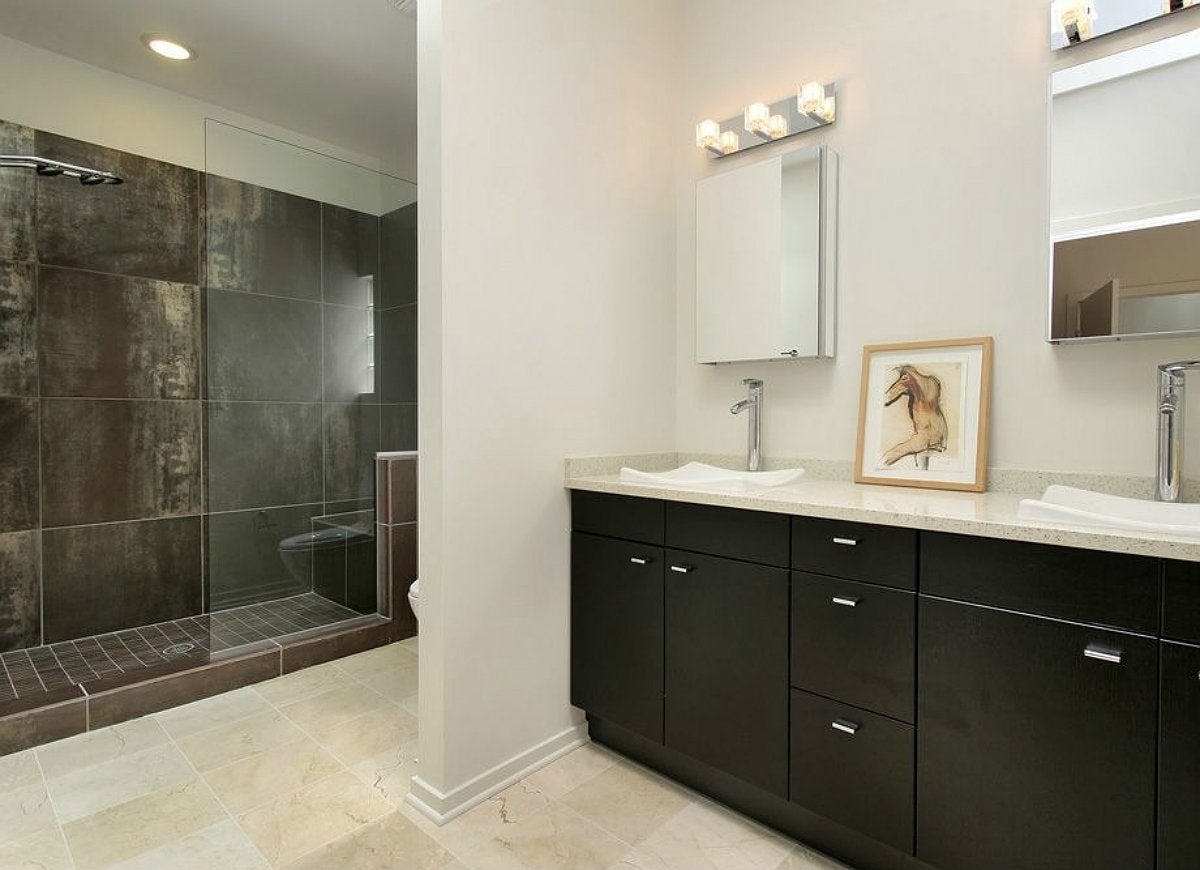
Zillow Digs home in Evanston, IL
Remodeling your property so you can age in place is a growing trend among older folks who would like to live at home as long as possible. When the time comes to sell, however, features like stair lifts, walk-in tubs, or wheelchair ramps may hinder resale value. That said, renovations should still take universal design principles into consideration. These changes encompass amenities like roll-out cabinets, curbless showers, nonslip flooring, and enhanced lighting, which can be useful at any age.
Dark Dungeon Design

Lighting is more crucial to a sale than most people think. All too often, homeowners overlook the importance of sufficient interior lighting and concentrate on other aesthetic aspects instead. If your home is dark, bring in some natural light by replacing heavy window treatments with light sheers. In addition, invest in new overhead lighting, reflective mirrors, and lamps to lighten the look before putting the home on the market.
Brass from the Past
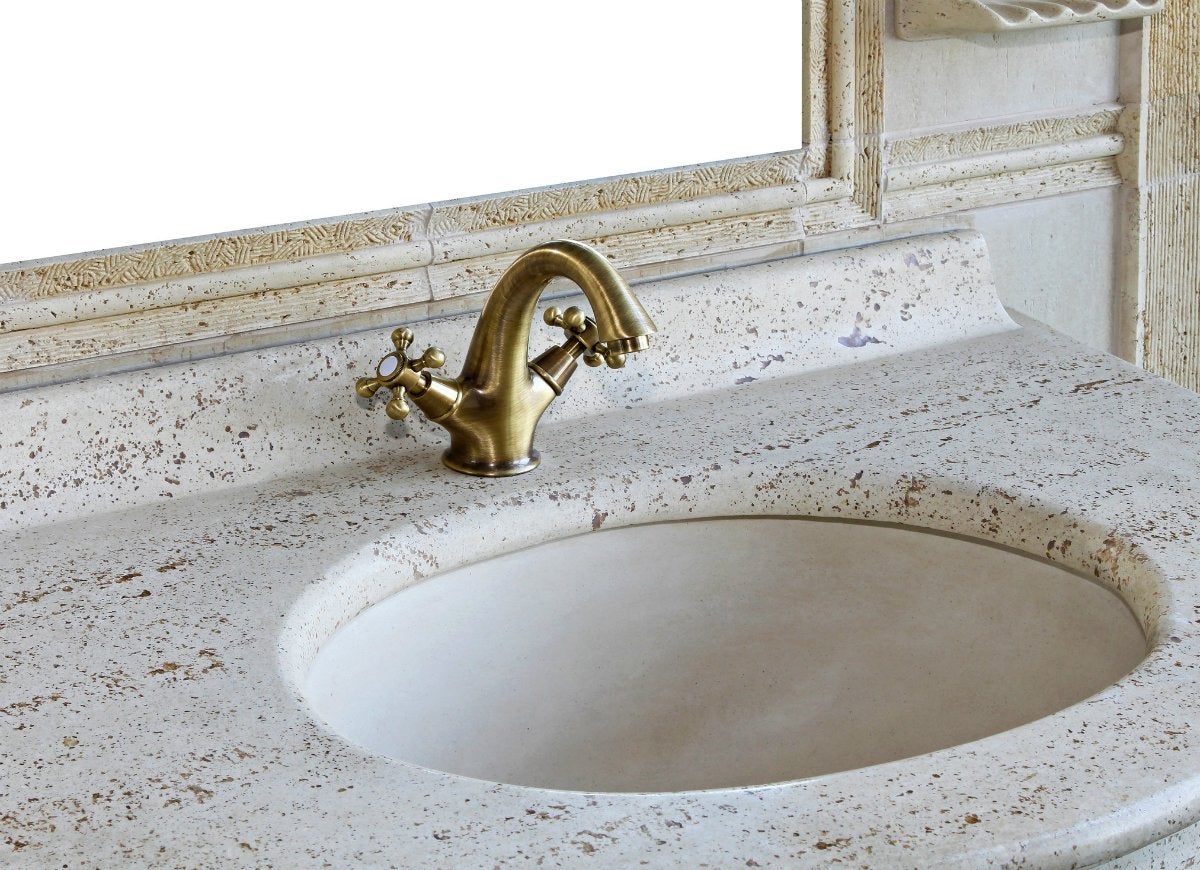
Today’s designers are mixing metals to give homes a sleek appearance; however, some metal finishes are altogether undesirable—for example, that bright brass from decades past. Whether it’s a shower door with a gold-tone frame or a bedroom door with a shiny yellow knob, this color begs for an update. Instead of hoping homeowners won’t notice this outdated trend in your home, consider installing new fixtures in contemporary nickel or polished chrome.
Forget Fruit Trees

Fifty years ago, mature fruit trees were considered a valuable source of supplemental sustenance. Today, they’re considered a high-maintenance nuisance that attracts insects, rodents, and other pests to the backyard. Potential home buyers are turned off by the amount of work it takes to adequately care for these trees, from pruning back branches to picking up dropped fruit. So, if you don’t plan to stay in a house long enough to reap the fruits of your landscaping choice, opt for ornamental trees instead.
High-Maintenance Countertops

Because countertops are the kitchen’s primary focal point, it’s important to pick a surface that’s both durable and easy to maintain. Soapstone and marble are red flags to some home shoppers. The materials may look good—at least at first—but their resilience pales in comparison with engineered quartz or granite. The last thing home buyers want is to have to worry about damaging a delicate kitchen during routine meal prep.
The Two-Bedroom Blunder
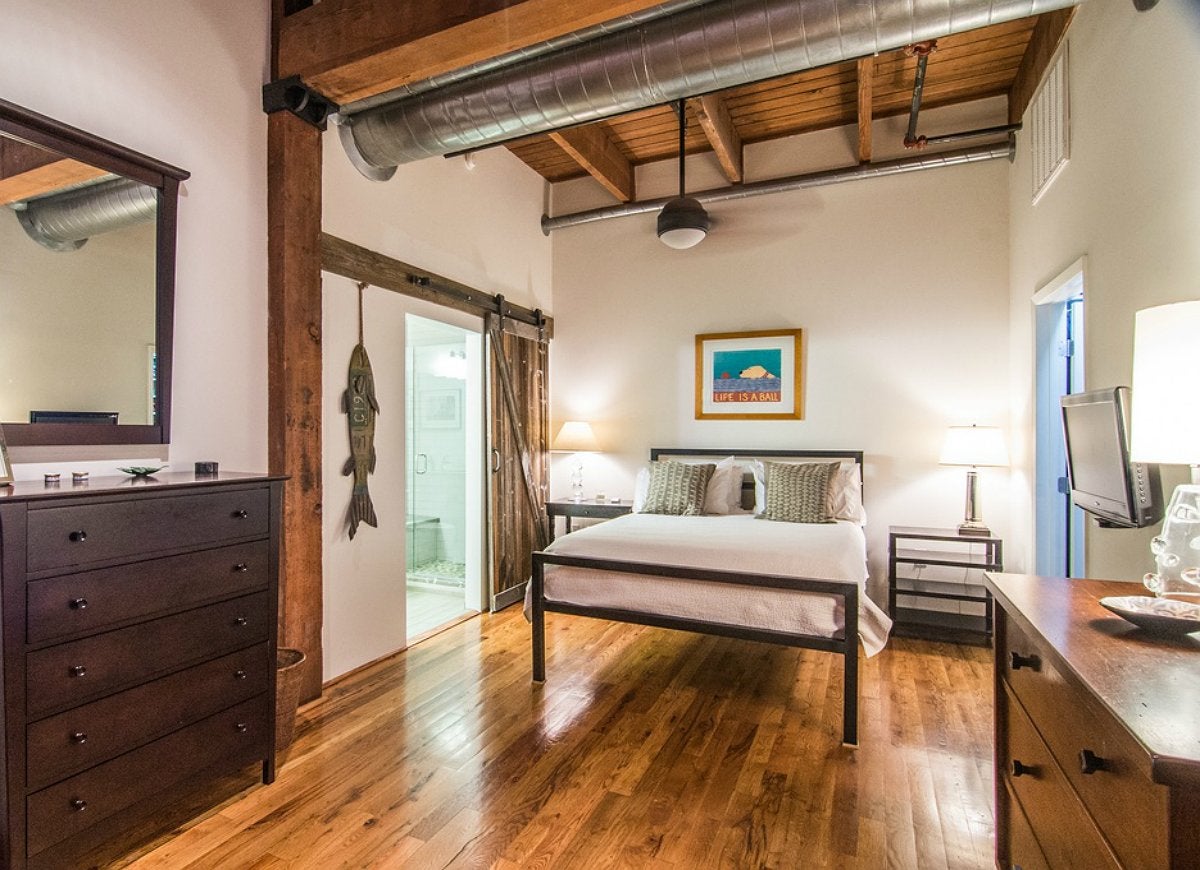
Zillow Digs home in Denver, CO
If you plan to expand your master suite by combining it with another bedroom, know that you may risk decreasing your home’s resale value. A three-bedroom home commands a significantly higher sale price than a two-bedroom of comparable square footage. So, no matter how beautiful your renovation may be, if it means reducing your overall number of bedrooms, you may miss the mark with future home buyers.

The Homeowner Survival Kit
This year’s Bob Vila Approved is a hand-picked curation of tested, vetted, must-have essentials for surviving homeownership today.